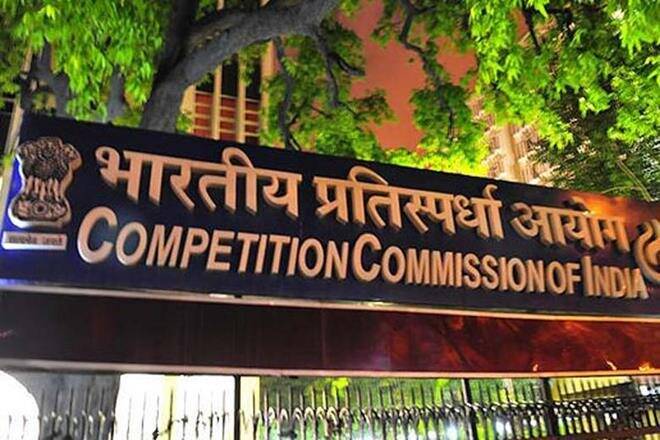Nithyakalyani Narayanan. V
Following concerns from Indian companies, the Competition Commission of India (CCI) launched a probe into Google’s Play Store invoicing policies on March 15th. The antitrust agency stated in a 21-page ruling that it believes Google has likely broken the Competition Act, which calls for a thorough investigation into the situation.
The matter concerns Google’s invoicing practices, whereby online companies offering digital services are charged a commission of 11–30% on in-app purchases made by their clients. Internet service providers are against the CCI.
Due to billing policy violations, Google removed hundreds of apps from its app marketplace on March 1. These apps were from ten different companies, including Info Edge, People Interactive, and Matrimony. Later, Google brought these apps back to the Play Store when the Indian government intervened.
The Supreme Court is also hearing the case; on March 19, it is anticipated that it will be heard again. The director general of the CCI has been instructed to look into the incident and provide a report within 60 days.
The cost that Google charges app developers “appears to be disproportionate to the economic value of services being rendered”, according to the CCI, and it also “appears to be an abuse of Google’s dominant position”.
In this case, the Indian Broadcasting and Digital Foundation, the Indian Digital Media Industry Foundation, Mebigo Labs, the firm that operates the audio streaming app Kuku FM, and Interactive, the parent company of Shaadi.com, all submitted concerns to the antitrust authority.
According to the complainants, Google’s commission fees are equivalent to a 6% revenue share, which is where developers break even. Additionally, Google has not refuted this figure or offered any alternative figure that might be regarded as a Google expense. Consequently, the CCI observed in the ruling that it appears that the service fee…being charged by Google significantly exceeds its cost of providing the services and is therefore excessive, based on the break-even revenue share (of) 6% as disclosed by the informant.
The antitrust authority further emphasised that, on the surface, Google appears to be applying its policies in a “discriminating manner,” which is against the Competition Act’s prohibitions.
According to the complaints filed with the CCI, Google arbitrarily decides whether a given piece of content or service is digital or physical, resulting in inconsistent categorizations, and it has not offered any “objective metric or rationale for distinguishing between digital content/services and physical content/services.”
In-app purchases by users of apps that offer digital goods or services consumable within the Android ecosystem are subject to commission, under Google’s billing policy for apps distributed through the Play Store.
In contrast to apps like Uber, Ola, and Urban Company that let users connect with and book service providers, which are classified as offering physical services, the petitioners argued that dating apps, which let users connect with others digitally before meeting in person, are treated by Google as offering digital content or services.
Indian internet companies sought IT Minister Ashwini Vaishnaw after Google decided on March 1 to remove several apps from the Play Store. Vaishnaw met with executives from Google and the internet companies. After the discussion, Google made the decision to bring back the in-app purchases for the apps and give them an additional 120 days to pay the commission.
Google provided the Play Billing System (GPBS), which charged app developers a commission of 15–30% and allowed them to only accept Google’s payment method for in-app purchases. This was in accordance with Google’s previous billing policy. In its order from October 2022, the CCI deemed this to be anticompetitive.
Subsequently, Google unveiled the user-choice billing (UCB) system, which allowed apps to accept credit cards, net banking, UPI, and other payment methods in addition to a commission rate ranging from 1% to 26%. Then, internet apps went to CCI, claiming that UCB was just GPBS in a newer guise and that this was against the antitrust body’s previous ruling.

